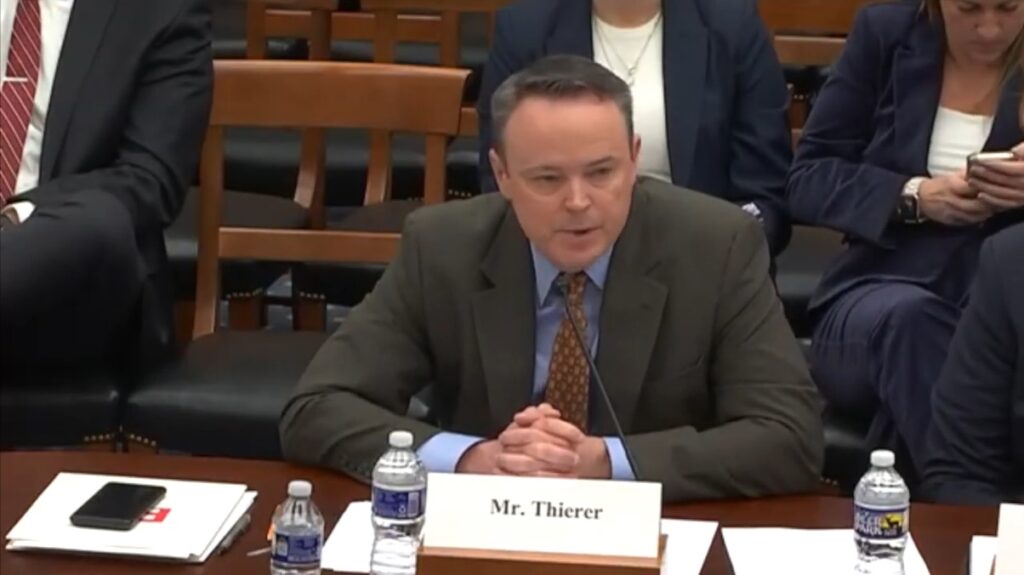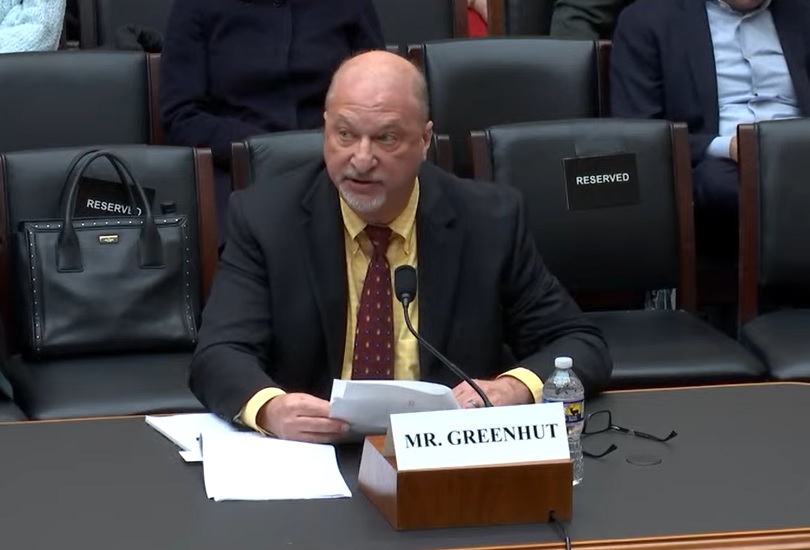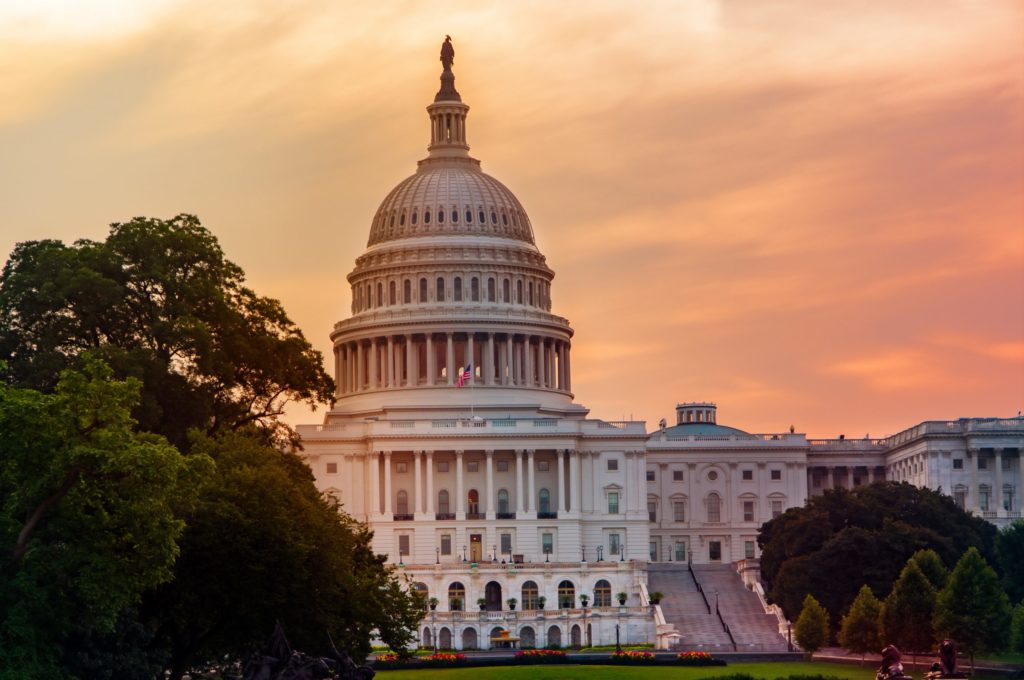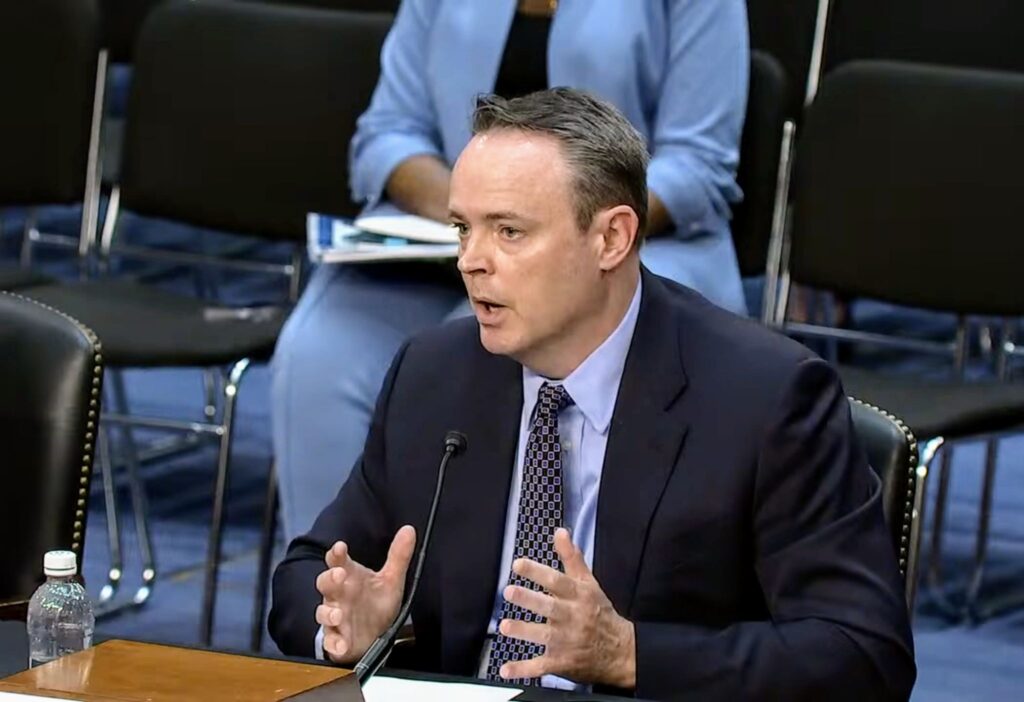The Fallouts of Bailouts: Agriculture Trade in a Protectionist Era
After World War II, a bipartisan policy consensus emerged in support of increased economic integration and international trade. In recent years, that consensus has broken down as the Trump administration has waged an aggressive, unilateral trade war on numerous commercial partners, including several close allies.
Unsurprisingly to most trade experts, the Trump administration’s tariffs have triggered foreign retaliation, the brunt of which has been borne by the American agriculture industry. Farmers and ranchers are rapidly losing market access all over the world. Agricultural exports to China, for example, are down about 50 percent from 2017 levels, and farm income is dropping precipitously.
To mitigate the damage from its own misguided trade policies, the Trump administration has dusted off New Deal-era programs to provide payments to those farmers and ranchers affected by foreign retaliation. Despite the president’s misleading claims that the tariffs are raising large sums of money from foreigners, these deficit-financed payments will total almost $30 billion over the last two years — on top of the nearly $900 billion farm bill passed late last year.
In conjunction with the release of a recent R Street policy study examining the daunting outlook facing America’s agriculture industry, as well as the environmental and fiscal damage wrought by more subsidies, we invite you to a luncheon where these topics will be explored in greater detail.
Panelists
Caroline Kitchens
Director of Federal Government Affairs, R Street Institute
Clark Packard
Trade Policy Counsel, R Street Institute
Josh Sewell
Senior Policy Analyst, Taxpayers for Common Sense
Lunch will be served as supplies last.
RSVP Here.







